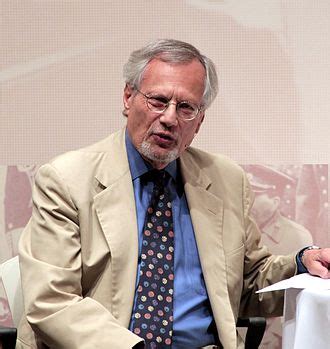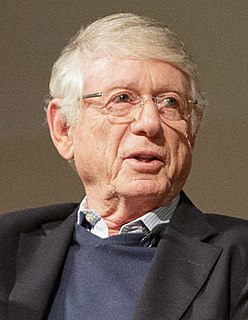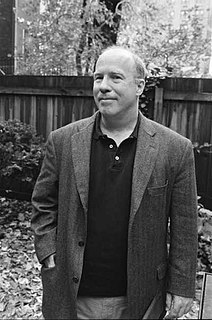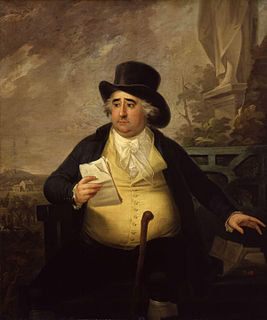A Quote by Michael Moore
Yeah, I think of what I do as a work of journalism. It's more like the op-ed page, though. These are my opinions. My point of view. The opinions are mine and I let you make up your own mind.
Related Quotes
I go into any movie that's historical fiction thinking, 'OK, I'm here to watch a work of art, something delivering a series of opinions, and if it's a good work of art, these opinions become so deeply embedded in complexity and richness that I won't even be bothered by the opinions. I'll make my own mind up.'
I think that the first point to be made is there is no "solution" in Afghanistan. Solution I put in quotes. We live in an op-ed culture, which is to say, you always need to have a solution. The last third of that op-ed piece needs to say, "Do this, this, this and this." There is no this, this, this, and this, that will make Afghanistan right.
I don't think that there's a guy behind the desk at every newspaper saying "No, woman" and sending her on her way, but that's what's systemic about it, right, like that people don't quite realize that maybe they're attracted to a male op-ed more than a female op-ed, or because of networking they know this person from going out to a bar with them.
No human government has a right to enquire into private opinions, to presume that it knows them, or to act on that presumption. Men are the best judges of the consequences of their own opinions, and how far they are likely to influence their actions; and it is most unnatural and tyrannical to say, "as you think, so must you act. I will collect the evidence of your future conduct from what I know to be your opinions."
Why should I crowd the world with my opinions? Live and let live. That's it. Let people have their own opinions, and you just keep yours to yourself. There are too many opinions - some unnecessary, some great, some ridiculously stupid - so I think I rather not say anything and keep my opinions to myself.
Perhaps the greatest mistake we can make, which causes loss of self-respect, is making the opinions of others more important than our own opinion of ourselves. You'll find no shortage of opinions directed at you. If you allow them to undermine your self-respect, you're seeking the respect of others over your own, and you're abdicating yourself.
We all have our likes and our dislikes. But... when we're doing news - when we're doing the front-page news, not the back page, not the op-ed pages, but when we're doing the daily news, covering politics - it is our duty to be sure that we do not permit our prejudices to show. That is simply basic journalism.





































